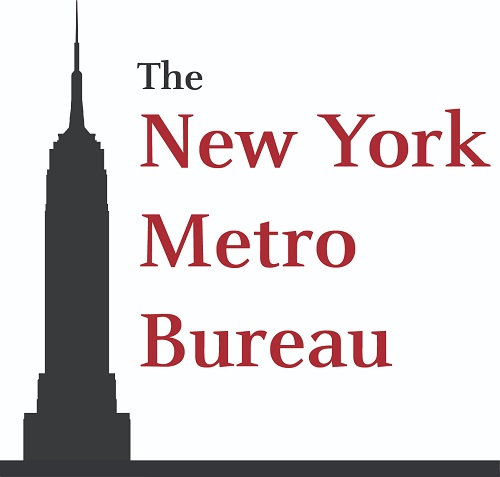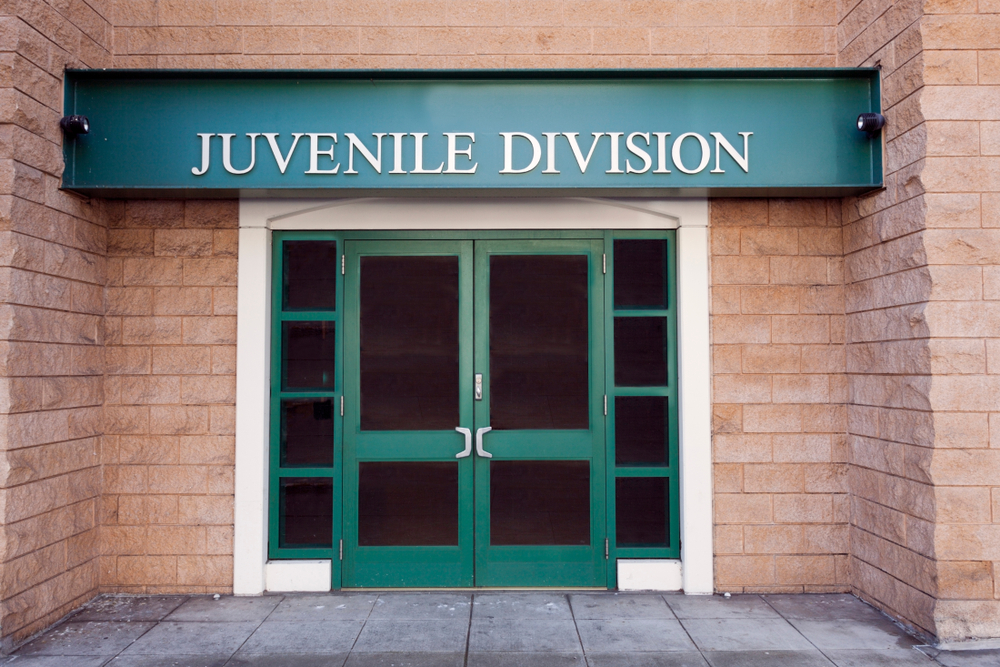Unless accused of criminally negligent homicide, no child younger than 12 could be legally arrested, detained or brought before a judge, according to legislation New York Gov. Andrew Cuomo appears poised to sign. Approved by the state’s legislature, the bill undoes a 1909 law allowing the arrests of kids as young as 7.
The change comes amid national debate over what constitutes overly severe punishment for crimes committed by minors; as arrests of 10- through 17-year-olds has been declining; and as youth arrests are being captured in viral videos and news headlines.
In New York, in 2019, 820 children aged 12 or younger were arrested statewide. Of those, 121 were tried in family courts. Instead of standing trial, the remaining 699 were diverted to programs providing what aims to be rehabilitative therapy, counseling and other services.
Supporters of the bill say its provisions are essential to stemming the flow of Black and Hispanic youth who have disproportionately been disciplined and arrested. A 2019 New York State Department of Criminal Justice Services report found that 90% of New York City arrestees younger than 12 were Black and Hispanic.
The aim is to incarcerate fewer kids
 “Diversion, which is really what this process is about, is much more appropriate,” Julia Davis, director of youth justice and child welfare for the Washington, D.C.-based Children’s Defense Fund, said, referring to programs aimed at letting youthful offenders serve their sentences in the community, rather than in a detention facility.
“Diversion, which is really what this process is about, is much more appropriate,” Julia Davis, director of youth justice and child welfare for the Washington, D.C.-based Children’s Defense Fund, said, referring to programs aimed at letting youthful offenders serve their sentences in the community, rather than in a detention facility.
“We know that kids that have contact with the juvenile justice system are much more likely to come back in again,” Davis added.
The new legislation would create what are considered to be age-appropriate rehabilitation and response programs for young people who otherwise would cycle through family courts, where their cases typically are tried. Those services, Davis said, include behavioral therapy and anger management, family counseling, more stable housing for kids and their families and help with refining parenting skills.
“There really is no extra cost here,” Davis said, of the services, which are funded by the state and county governments. “These kids are already getting services. But we’re also paying for the policing, the probation and the family court process.”
California’s updated law lets kids be charged with more crimes than New York’s new law allows
Compared, for example, to California, New York’s pending new law places many more limits on what youth under 12 can be charged with. That West Coast law, approved in 2018, allows for Californians younger than 12 to be arrested and tried for murder, rape, sodomy, sexual penetration by force and threats to do great bodily harm.
Nevertheless, in most California cases, a child can be counseled and returned to parents or guardians without detention, arrest or questioning, said Darya Larizadeh, a senior policy attorney for the Bay Area-based National Center for Youth Law’s Youth Justice Initiative.
Larizadeh helped draft legislation that raised California’s age limit for being held criminally responsible for certain crimes to 12; and helped California law enforcement officials develop new guidance on how law enforcement should interact with kids in that age group.
“When you get to that level it’s really individualized in terms of what are the needs of the children,” Larizadeh said, referring to shifting toward efforts to shore up the kids in question.
In cases where the child is in need of counseling, law enforcement can work with schools or mental health professionals to provide care. In cases involving problems with the family, child protective services may be needed, Larizadeh added.
New York’s likely new law comes after police in Rochester, N.Y., in January 2021, pepper-sprayed and handcuffed a 9-year-old girl after they were dispatched to intervene in a family disturbance. The girl’s mother told The Washington Post that her daughter was struggling with her mental health.
Body-cam footage, released by the Rochester Police Department, showed one of the seven officers on the scene comforting the girl and telling her that she was not in any trouble, even though she was detained in the back seat of a police car. In one section of the video, the child’s mother can be heard explaining to police why she was fighting with someone in a van while her 9-year-old was disorderly and being detained by police.
In March, a 7-year-old boy was arrested and charged with rape in Brasher Falls, N.Y. Court records of some juveniles are not public information, so little is known about the case.
“Elementary school children do not understand what it means to be charged with a crime,” said Lisa Freeman, director of special litigation in The Legal Aid’s Society of New York’s juvenile rights practice. “Science has shown that if you treat children as criminals they are more likely to wind up engaging in criminal behavior.”
Age-appropriate services and programs have reduced the number of juveniles involved in the criminal justice system, according to the New York City Administration for Child Services. Its current programs include remedial academic support, family therapy and counseling for 10- to 18-year-olds with behavioral problems. In New York City, those diversion efforts programs serve youth from 3,500 families, and has a specialized diversion project for lesbian, gay, bisexual/transgender, and gender non-conforming youth.
While the Administration for Child Services has not explained how the new legislation will affect its programming, it is likely that programs will be expanded to accommodate more youth.
State Sens. Jamaal T. Bailey (D-Bronx) and Alessandra Biaggi (D-Bronx and Westchester County), lead sponsors of the bill Gov. Cuomo is expected to sign, did not immediately return requests for comment on what specific programs would be created under this bill or if the bill intends to expand existing programs.
“This is really an effort to level the playing field,” said Freeman, of the Legal Aid Society, “and make that treatment fair across the board, and to treat children as children.”
































